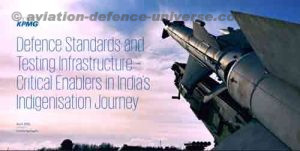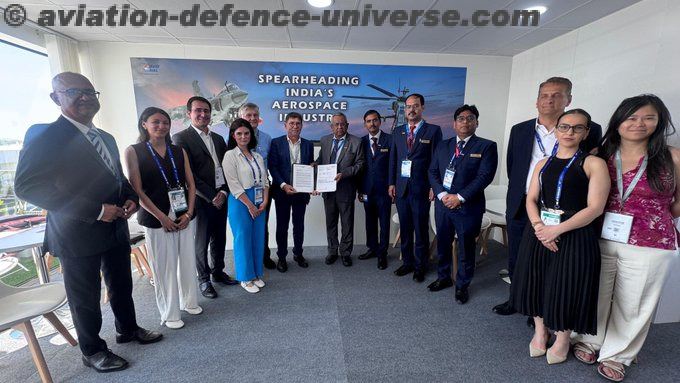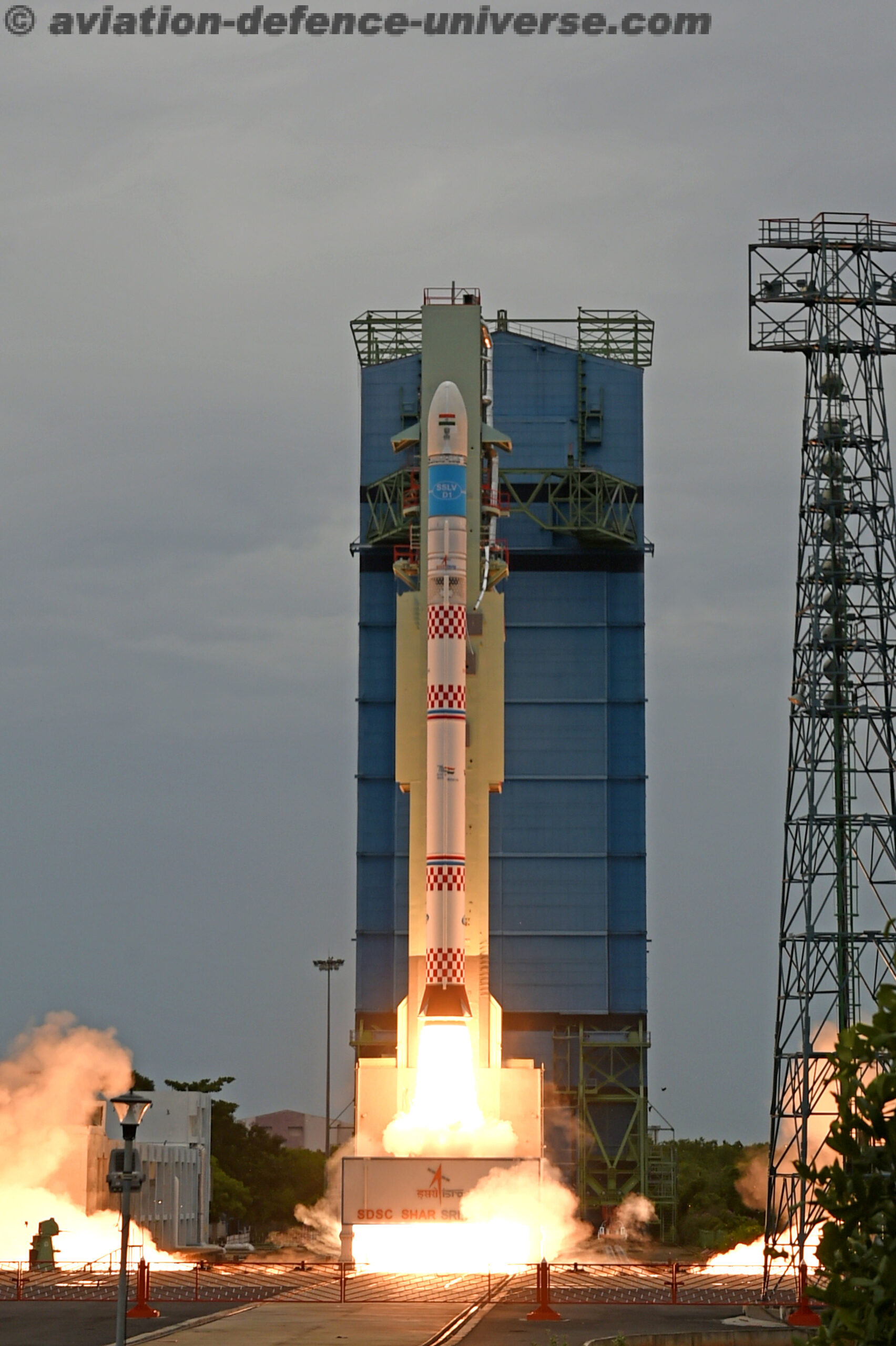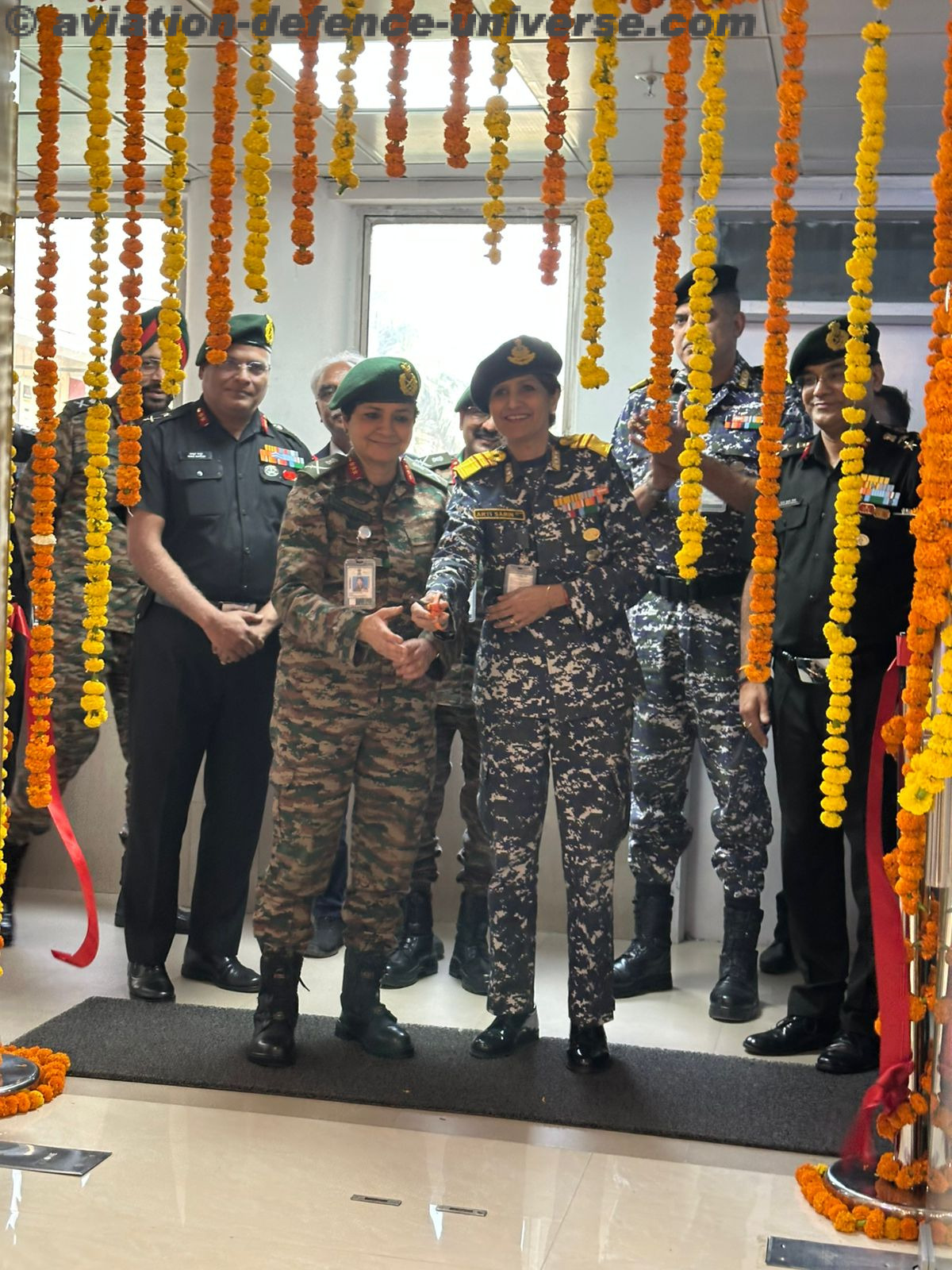
New Delhi. 18 April 2022. The defence industry is an area of strategic importance and India, one of the largest armed forces in the world, has long been dependent on imports to fulfil its requirements. While the dependency has reduced considerably over the years, there is still much more to be done to achieve the goal of ‘Aatmanirbhar Bharat’. A major step taken in this direction was to turn focus towards building a robust domestic defence manufacturing industry that could cater to the needs of the armed forces.
In order to objectively assess the defence testing ecosystem that is currently available, KPMG in India carried out a survey titled – ‘Defence Standards and Testing Infrastructure – Critical Enablers In India’s Indigenisation Journey’ of MSMEs, Start-ups and established industry players. This online survey was conducted among 200+ manufacturing industries in defence sector in December 2021 and aims to provide a macro-level view of the defence testing infrastructure and efforts for development of standards. It highlights the on-ground challenges and needs as felt by the industry players so as to provide key insight with regard to the specific areas to be addressed to strengthen the defence testing ecosystem in India.
Key survey findings:
- 67% of the respondents said that they are not familiar with Defence/Military specific standards
- 85% respondents don’t have an awareness of repository/website listing all standard related to aerospace and defence manufacturing sector
- 74% respondents are unaware of necessary testing infrastructure requirements
- 91% respondents don’t have awareness and access to information shared by the government/ Defence agencies/ Public information sources regarding standards
Speaking about the survey, Gaurav Mehndiratta, Partner and Head – Aerospace and Defence, KPMG in India said, “There is a clear indication from our survey towards the need for setting up of a dedicated testing scheme which will enable the defence manufacturing industry get familiar with the testing and qualification eco-system. The government has taken note of the same and has announced the Defence Testing Infrastructure Scheme (DTIS) which envisages the creation of state-of-the-art testing infrastructure in partnership with the private industry thereby boosting domestic defence and aerospace manufacturing.”
Abhishek Verma, Partner – Aerospace and Defence, KPMG in India said, “Several initiatives have been taken by the government towards building a robust defence manufacturing eco-system. Government also has plans to equip and streamline the defence testing ecosystem considering the stringent quality requirements. Our study aims to provide a macro level view of the defence testing infrastructure and efforts for development of standards.”
Recommendations:
- Creating a uniform set of standards and specifications – India currently follows varied sets of standards and specifications which need to be streamlined, re-organised and made easily accessible. The target would be developing and organising a comprehensive list of standards and specifications covering all types of material and equipment in the A&D sector. This can be achieved by adopting global military standards where feasible, developing/ updating India specific standards where necessary, adapting/ adopting commercial standards where possible and weeding out any duplicitous/ obsolete standards.
- Creation of an online central database – Creation of an online portal containing an exhaustive list of standards and specifications in use within the country will aid the industry in generating an all-inclusive cross referenceable list of standards and specifications which can be utilised by all stakeholders.
- Augmentation of existing infrastructure – It has been brought out that the country has a vast number of government-owned defence testing capability already existing in varied domains. It would therefore be prudent for the upcoming Defence Testing Infrastructure Scheme (DTIS) to complement the existing facilities.






























































































































